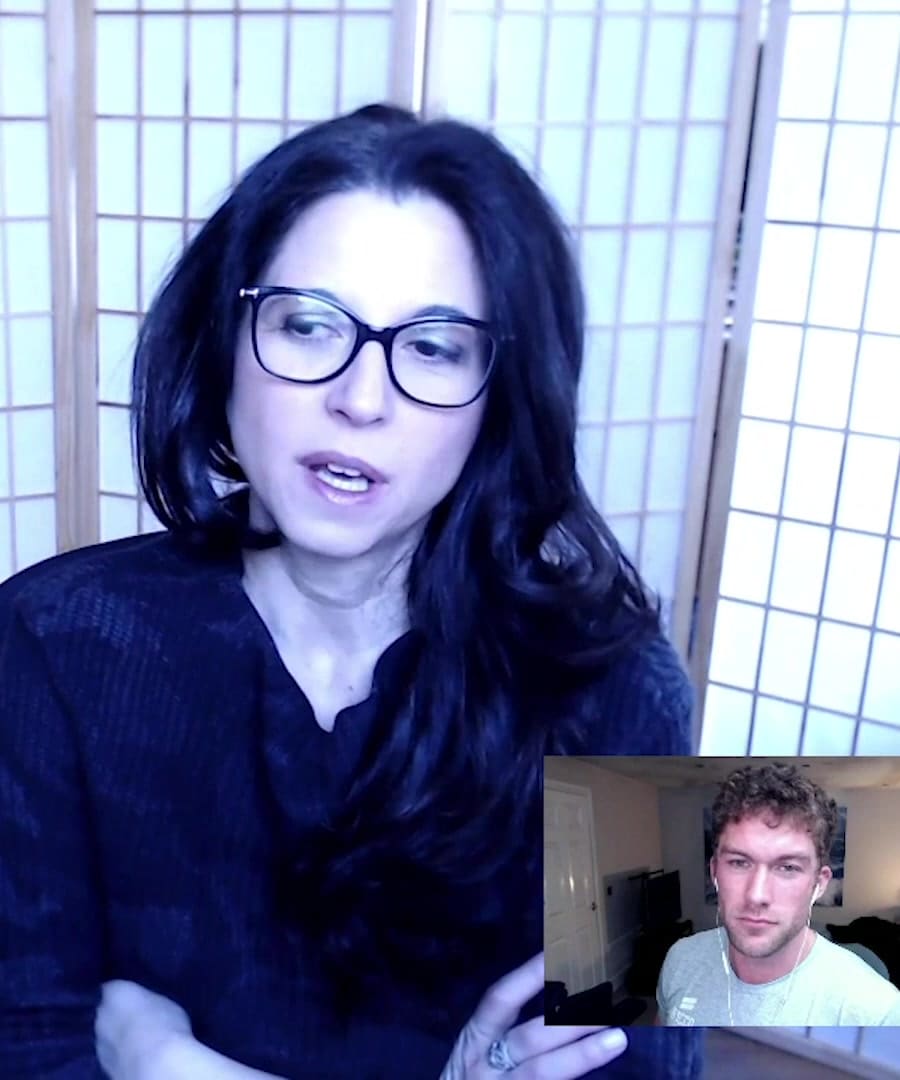Therapy with children
Sources:
Therapy for children can be both beneficial and potentially problematic, depending on how it's approached and implemented.
Key Points:
-
Authority and Trust Issues: Therapy can sometimes undermine parental authority, leading children to question their parents' actions and potentially damaging the parent-child relationship. Children might leave therapy sessions with notions that their parents' disciplinary actions were abusive, without contextual understanding 1 2.
-
Focus on Real Needs: It's crucial that therapy addresses specific, real needs, such as phobias or severe mental health issues like anorexia. Therapy should be targeted and should not foster a perpetual dependency 1 3.
-
Treatment Approaches: The type of support provided is important. Therapy should avoid making a child constantly revisit and rehearse past traumas unless it's for a specific and beneficial purpose. The tendency to overgeneralize issues can result in fostering a sense of helplessness in children 4 3.
-
Parenting Practices and Therapy Culture: Modern parenting often incorporates techniques adapted from therapy, which might not always be appropriate. Techniques like getting to eye level with the child or overemphasizing every feeling can sometimes do more harm than good by not providing children with the necessary guidance on managing their emotions appropriately 5 6.
-
Role of Schools and Counselors: Schools' involvement in children's mental health can be helpful but also has risks. Continuous monitoring and talking about negative feelings can sometimes amplify these feelings rather than help manage them 6 3.
Examples of Expert Opinions:
-
Heather Berlin's Approach: Uses metaphors like the "OCD monster" to help children understand and confront intrusive thoughts, which can be beneficial in helping children externalize and manage their fears 4.
-
Abigail Shrier's Research: Emphasizes the need for parents to remain the primary authority in their children's lives and cautions against therapy practices that overemphasize negative emotions or create a dependency on therapy 1 2.
In summary, while therapy can offer valuable support for children with specific needs, it's crucial that it be approached thoughtfully to avoid undermining parental authority, fostering dependency, or exacerbating negative feelings.
RELATED QUESTIONS-





